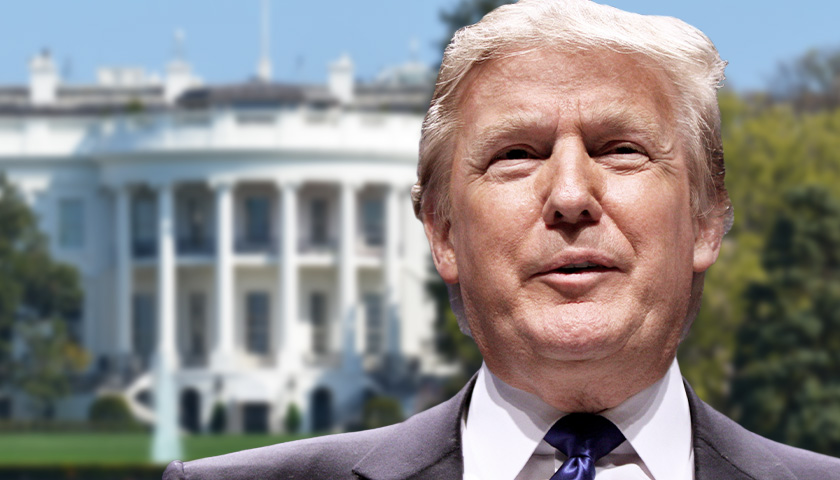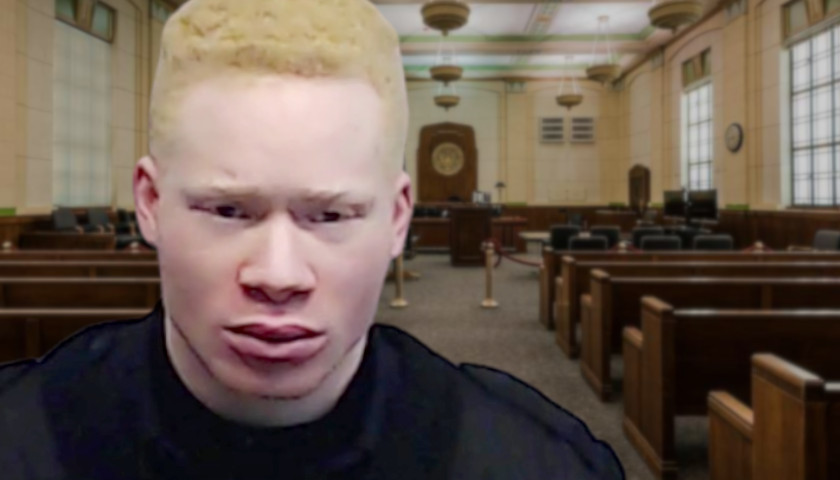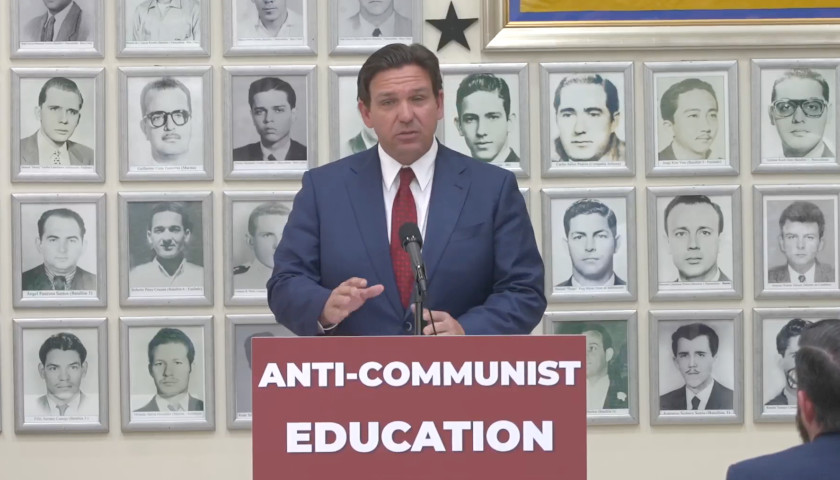Former President Donald Trump’s run for the White House could run into trouble in Iowa from evangelicals unhappy about his criticisms of the pro-life movement following mostly disappointing midterms for Republicans.
Iowa’s Bob Vader Plaats, a leading voice among the Hawkeye State’s evangelical voters, certainly hasn’t forgotten what Trump said in early January.
“It showed a character thing with Trump that he cast the blame on the pro-life movement,” Vander Plaats, president and CEO of the Christian organization The Family Leader, recently told the New York Times. “If you’re trying to win the Iowa caucuses, I would not put that base under the bus.”
Faced with complaints that he was to blame for the Republican Red Wave that fizzled out in November’s midterm elections, Trump blamed members of the pro-life movement in the wake of the Supreme Court’s ruling overturning Roe v. Wade.
“It was the ‘abortion issue,’ poorly handled by many Republicans, especially those that firmly insisted on No Exceptions, even in the case of rape, incest or life of the mother, that lost large numbers of voters,” the former president tweeted in early January on Truth Social, his social network platform.
“Also, the people that pushed so hard, for decades, against abortion, got their wish from the U.S. Supreme Court, and just plain disappeared, not to be seen again,” he added.
Vander Plaats, who has run unsuccessfully for Iowa governor, remains very active in Republican politics. He told the Times it’s “time to get behind the next leader who can win 2024.”
“My fear, along with a lot of other people’s fears, is we’re concerned about how America has largely made up its mind about Donald Trump,” he said.
But the former president still holds a lot of sway in Iowa, the state that will kick off the GOP nomination chase early next year.
A Des Moines Register/Mediacom Iowa Poll earlier this month found 80 percent of self-identified Republicans in the state had a “very favorable” or “mostly favorable” view of the 76-year-old Trump. That compares with 75 percent for Florida Governor Ron DeSantis, a top presumptive Republican candidate for the White House.
But just 47 percent of Iowa Republicans surveyed said they would “definitely“ vote for Trump if he is the GOP’s nominee, a substantial drop from 69 percent in June 2021.
Some of that erosion in Iowa may have something to do with his criticisms of pro-life Republicans. In 2016, close to two-thirds of Iowa Republican caucus-goers self-identified as Evangelical Christians. That number doesn’t appear to have changed much. And they are as pro-life as they come.
Susan B. Anthony Pro-Life America pushed back against Trump’s comments. The pro-life political advocacy organization released a statement headlined, “GOP Presidential Nominees Must Put Forth a Strong Pro-Life Agenda.
“The approach to winning on abortion in federal races, proven for a decade, is this: state clearly the ambitious consensus pro-life position and contrast that with the extreme view of Democrat opponents,” the statement declared. “We look forward to hearing that position fully articulated by Mr. Trump and all presidential candidates.”
Trump has been pretty quiet on the subject of abortion since. During a trip to Iowa last week, the Republican presidential front-runner didn’t utter the word, and declined to directly answer questions about whether he would back a federal law restricting abortion in every state.
“We’re looking at a lot of different things,” Trump said when asked by The Associated Press.
But even his staunchest critics must acknowledge that Trump’s three conservative appointments to the Supreme Court gave the pro-life movement the victory it had prayed for for nearly a half century. The originalist-led court ruled in June’s Dobbs v. Jackson Women’s Health that the constitution does not protect the right to an abortion. The decision returned the issue of abortion regulation to the elected branches, ending the power and effect of the court’s 1973 Roe v. Wade ruling.
In the past nine months, 24 states have issued abortion bans or look to do so, according to the liberal Guttmacher Institute.
Susan B. Anthony Pro-Life America was a vocal backer of Trump in 2016 and 2020. Its members carried signs declaring Trump “The Most Pro-Life President Ever” during the 2020 March for Life.
In the first two months following the court’s decision, legal abortions dropped by about 10,000, or 6 percent.
That’s what pro-life espousing Republicans say they have long hoped for, but Republican Party leaders admit the Dobbs decision ramped up Democratic Party voter engagement and turnout in November — stanching the red wave. Democrats, armed with national polls showing a majority of Americans don’t support the Dobbs decision, have made abortion their top campaign issue.
It’s complicated, an Iowa Assembly of God pastor told The Iowa Star. He said he’s not a political person, that as the pastor of a church he preaches the Kingdom of God, not the Republican or Democrat parties. But ending abortion has always been an evangelical voter block issue.
“If Donald Trump tries to minimize that or make that not that big of a deal, I think he stands to lose a lot of support,” said the church leader, who asked not to be identified for the story.
For him, the right to life is not a political issue, it’s a fundamental value. It’s non-negotiable. But the pastor also knows there are people in Iowa and across this country who will support Trump no matter what, and much can change — and fast — in caucus politics.
“Taking the temperature, trading our morals for a political thermostat is a dangerous, slippery slope,” he said. “But will this be an issue? I don’t know. America has a very short memory.”
– – –
M.D. Kittle is the National Political Editor for The Star News Network.
Photo “Donald Trump” by Gage Skidmore. CC BY-SA 2.0. Background Photo “White House” by Michael Schofield.









Trump has the right instincts to win in a general election. Republican voters must decide whether they want to win or outlaw abortions entirely. They cannot have both. The left has done so much damage to this country that winning the 2024 presidential and congressional election is a Republican must in order to preserve our democracy that has endured for almost 250 years. I advise Evangelicals not to blow it since religious freedom and the entire Bill of Rights are on the line.